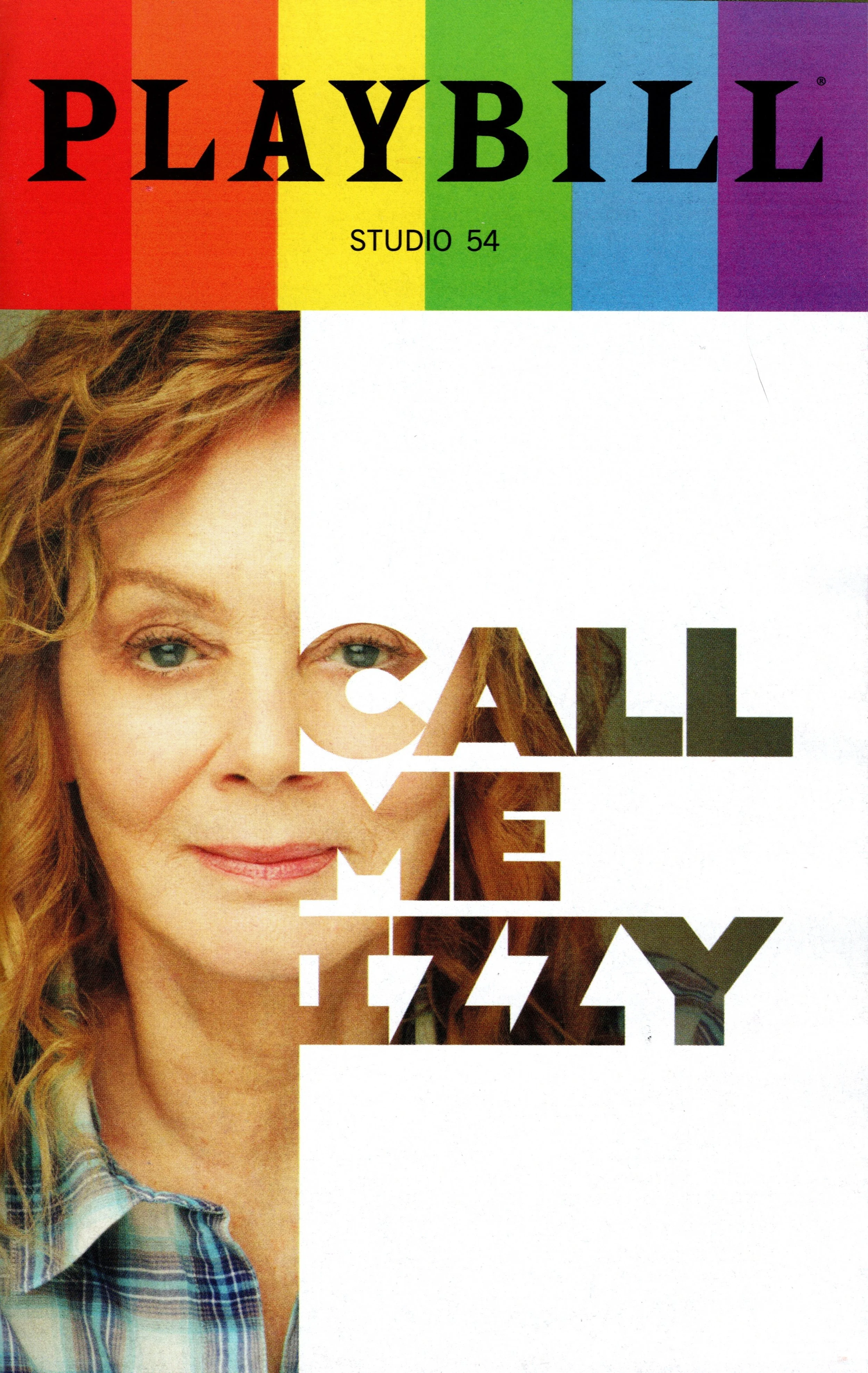Call Me Izzy
Grade: Overall C-
This 85-minute solo play starring Jean Smart feels like something written in 1995, not 2025. At its core, it’s yet another story about a Southern woman trapped in domestic violence — a narrative we’ve seen, heard, and processed many times before. It’s not that the subject isn’t important. It’s that this version doesn’t do enough to justify why we’re hearing it again now.
In Call Me Izzy, Jean Smart plays a woman who’s retreated into the only safe space she has left: the bathroom of her trailer. That’s where she writes her poetry — on toilet paper. The show mostly stays there with her, occasionally stepping out to a small patio or the suggestion of Louisiana woods, but always returning to that cramped, haunted little room.
The twist is that Izzy isn’t just a survivor — she might also be one of the great American poets we never heard of. Throughout the show, we get vignettes where her prose is performed as a monologue, and to be fair, Jean delivers them beautifully. Her voice, her rhythm, her command of language is genuinely captivating in those moments. But the poetry, as lovely as it is, isn’t enough of a spine to hold up the play.
Smart, of course, is a force. She moves effortlessly between characters, even while keeping everything rooted in Izzy’s voice and perspective. Her Southern accent is rich, lived-in, never cartoonish. And there are a few funny, even silly jokes scattered throughout — little flickers of humor that keep the weight of the story from dragging the whole thing down. But they’re fleeting.
The show’s most emotional moment comes when we learn that Izzy’s poetry, once published in a local paper after winning a contest, reached her husband — who recognized himself in the work. Furious, he destroyed it all: years of carefully hidden, beautifully written poetry, gone in one act of rage. The devastation isn’t just emotional, it’s physical. And in that moment, the audience feels it. Jean makes sure of that.
But by the end, you’re left wondering: what was all of this for? The story doesn’t build — it lingers. It doesn’t twist — it trudges. And the ending offers no revelations, no shift, no challenge to what we thought we knew. It ends the way so many of these stories do: with loss, with trauma, with little hope.
It’s always a privilege to watch Jean Smart on stage. She’s magnetic, committed, and completely in control. But that’s what makes it so frustrating. With all the projects she could choose from, why this one? Why this particular retelling of a story we’ve heard before?
